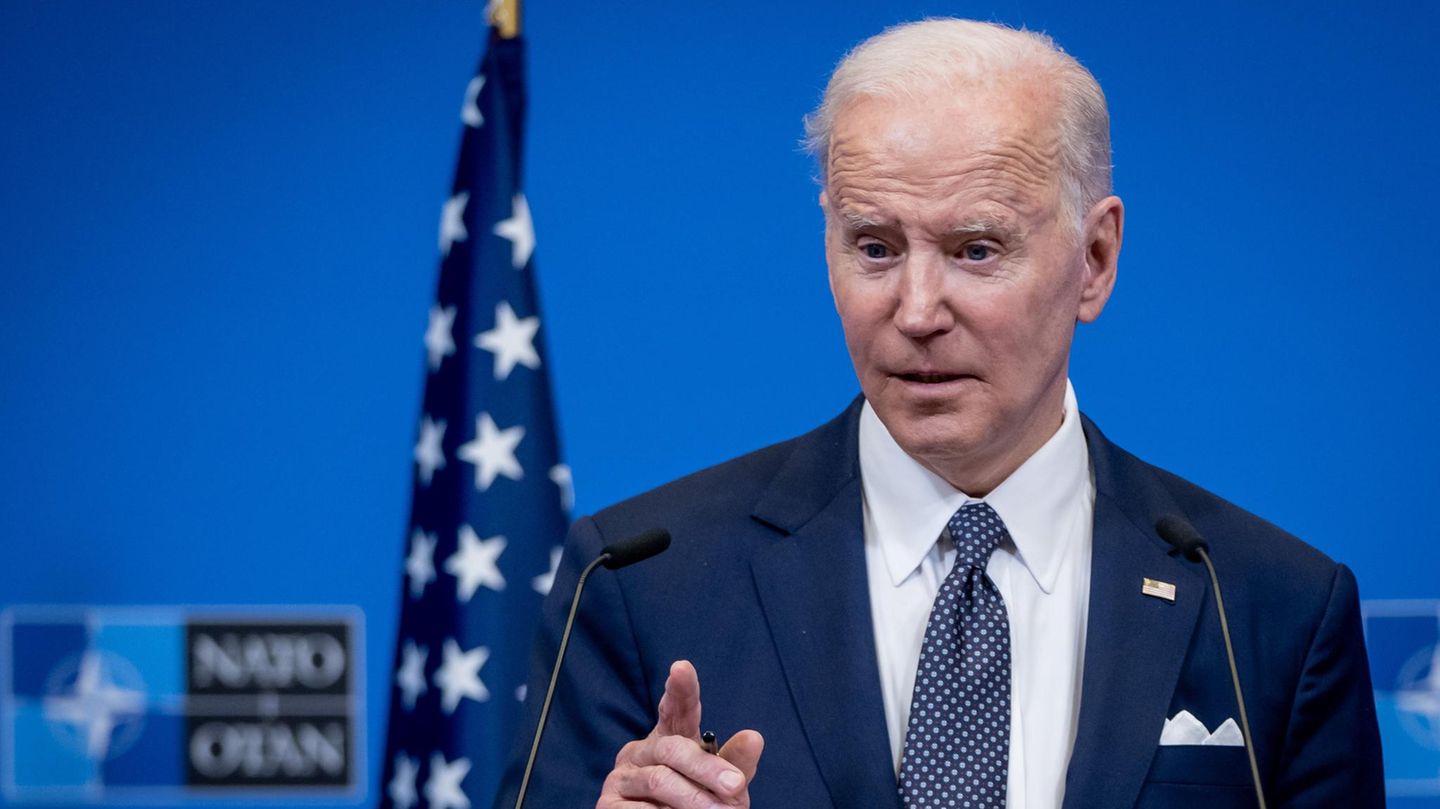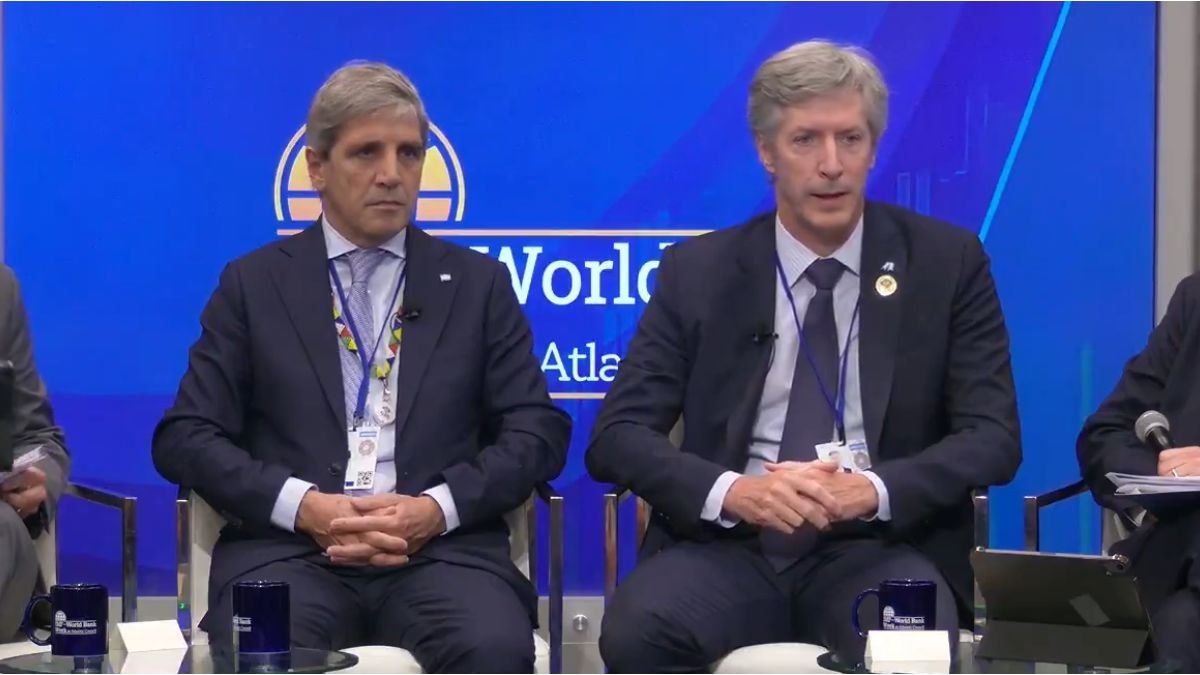What is Putin up to? US President Joe Biden believes he knows the Russian President’s next move: a large-scale cyberattack. But he could also get NATO on the scene.
How does the war end? The USA predicted the start of the Russian invasion of Ukraine early on, when the rest of the world was still skeptical about the initial speculation.
Now, after 30 days of violence, the question of when Russia might withdraw its troops still eludes an answer – proving far more difficult to predict. The decision to end the Russian invasion appears to rest solely in the mind of President Vladimir Putin, a place described and so far seemingly defying all attempts at mapping and crisis diplomacy.
However, the US again assumes that it knows the warmonger’s next move.
“The more Putin has his back against the wall, the tougher the tactics he might use,” warned US President Joe Biden. The Russian President could again construct an excuse to justify his own actions. For example, Russia’s claims that Ukraine possesses biological and chemical weapons are a clear indication that Putin is considering using both weapons.
But Biden and the US authorities consider the use of other weapons of war to be more likely: “One of his tools that we think he is most likely to use is cyber attacks.” Russia has a very “sophisticated cyber capacity,” Biden said. “And she will come.”
US President Biden invokes cyber security
There were growing indications that the Russian government was exploring options for “malicious cyberattacks” against the United States, also in response to Western economic sanctions. This is therefore “a crucial moment” to advance cybersecurity at home,
The authorities are leaving it open what a Russian cyber attack could look like. They may not even be fully aware of the plans. Only so much is revealed: the critical infrastructure should be in the sights, such as the energy supply but also telecommunications providers or banks. This was the conclusion reached by the National Cybersecurity Agency (CISA) in early March. “Every organization – big or small – needs to be prepared to respond to disruptive cyber incidents.”
The problem: A large part of the critical infrastructure in the USA is owned by the private sector, and the state can ultimately only support it in expanding cyber security. Or, as President Biden put it in his statement: “All means will continue to be used” to prevent attacks on critical infrastructure – but the government “cannot ward off this threat alone”.
And so President Biden addressed various company representatives directly in a speech on Monday. “You have the power, the capacity, and the responsibility,” he implored corporate executives, “to strengthen cybersecurity and the resilience of the critical services and technologies Americans rely on.”
The USA also addressed warning words to Russia, albeit for a different reason. “We are not looking for a conflict with Russia, but if Russia launches a cyber attack against the United States, we will respond,” warned cybersecurity adviser Anne Neuberger. There is no certainty that there will be a cyber attack on critical infrastructure. But you can see possible preparations.
Why Russia has not yet launched a major cyber war is a question mark among experts.
Observers are surprised “that relatively little is happening there,” says Matthias Schulze, an expert on cyber security at the Science and Politics Foundation. “In the past, the Russians have shown a certain competence in being able to carry out complex operations,” he explains, citing the example of the malware NotPetya, which deleted large amounts of data in Ukrainian institutions and companies in 2017.
Even before the start of the Russian invasion, Russia was waging a virtual war against Ukraine, attacking the websites of Ukrainian ministries. The websites were flooded with so many requests that the servers stopped responding. A failure in the KA-SAT satellite network, which controls wind turbines in Central Europe, could also be the fault of Russian hackers.
A lot could still be hidden. “In the fog of war, we don’t even know what’s going to happen,” points out Sven Herpig, head of international cyber security policy at the New Responsibility Foundation. It is possible that some hacker attacks are not yet known because so many more dramatic things are happening at the moment. Also, the lack of coordination and massive communication problems among Russian armed forces could account for Russian reluctance.
The digital alliance case
The fact that the West has not yet become a major target for Russian hackers could be due to another factor. “A major attack on critical infrastructure in the West would call NATO into action,” says Herpig. It could trigger the Article 5 defense case — an escalation that Putin is currently avoiding.
Years ago, virtual attacks could be a reason to declare the alliance case, so the member states also defend themselves together in the event of cyber attacks.
“For example, critical infrastructure, energy supply, the financial sector, hospitals and democratic institutions are threatened,” said NATO Secretary General Jens Stoltenberg. The alliance has therefore decided that cyber attacks can also trigger the alliance case. “They can cause as much damage and cost lives as other attacks,” said Stoltenberg.
According to cyber security expert Schulze, that doesn’t seem to stop Putin from deploying his hacker army “low-threshold”. “New waves of phishing from Russian IP addresses against Western government institutions are being observed,” he says, referring to attempts to use fake websites or emails to steal data. So far, however, Putin has avoided a major provocation.
But reliable certainties are rare in times of war, and the West wants to be prepared for the eventuality. Ukraine has received promises of help in the fight against cyber attacks from the USA, Great Britain and the EU. Troops also form informally in cyber warfare. The “IT Army” initiated by the Ukrainian government now has more than 300,000 volunteers who are planning virtual attacks on Russia. NATO is also arming itself: At a special summit on Thursday in Brussels, the alliance agreed to strengthen its ability to defend against cyber attacks – and made it clear that it wanted to react more decisively to such attacks in the future.
The message is clear: Putin should not start a cyber war as well.
Swell: , , , , , with material from the news agencies DPA and AFP
Source: Stern
David William is a talented author who has made a name for himself in the world of writing. He is a professional author who writes on a wide range of topics, from general interest to opinion news. David is currently working as a writer at 24 hours worlds where he brings his unique perspective and in-depth research to his articles, making them both informative and engaging.




